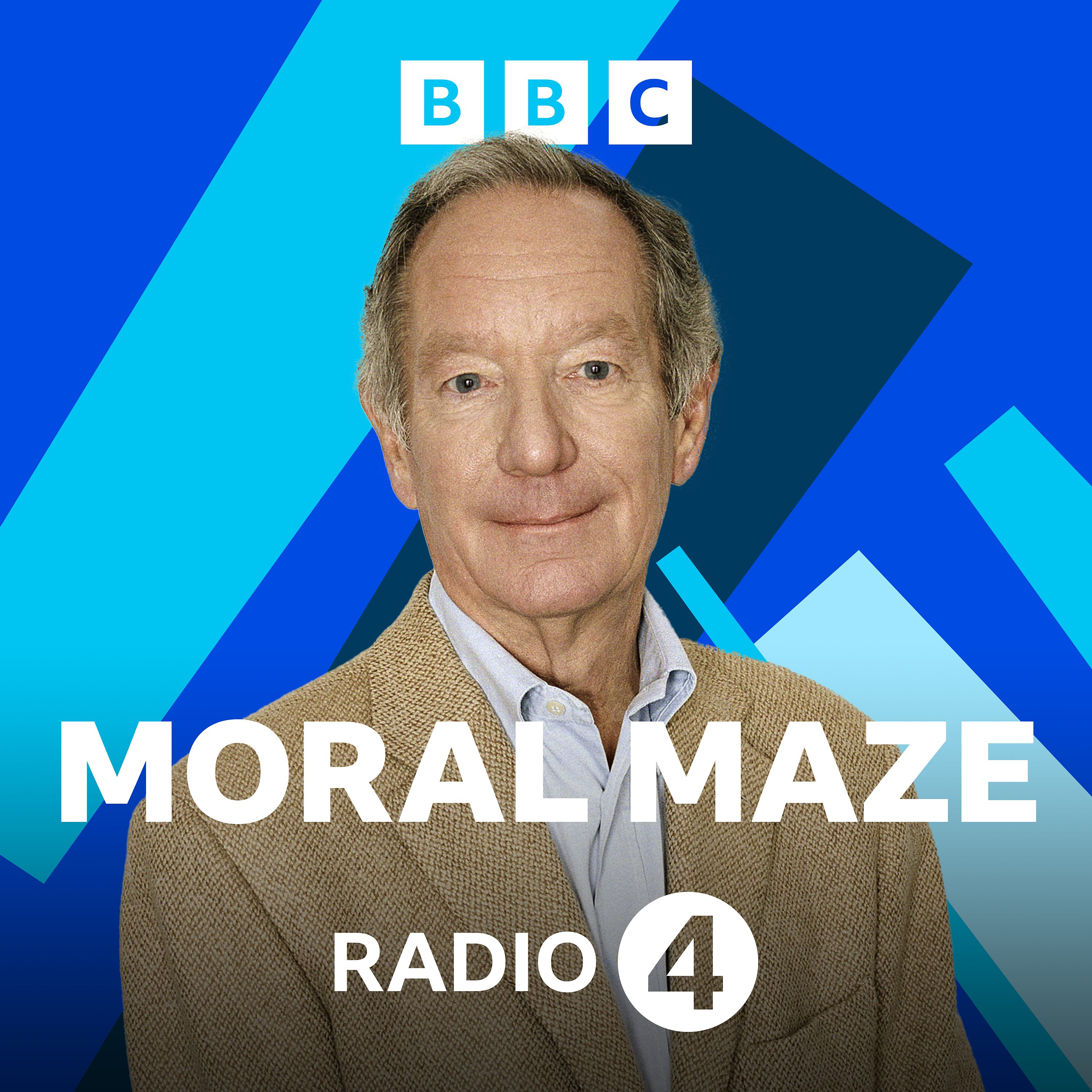- religion
- SEE MORE
- classical
- general
- talk
- News
- Family
- Bürgerfunk
- pop
- Islam
- soul
- jazz
- Comedy
- humor
- wissenschaft
- opera
- baroque
- gesellschaft
- theater
- Local
- alternative
- electro
- rock
- rap
- lifestyle
- Music
- como
- RNE
- ballads
- greek
- Buddhism
- deportes
- christian
- Technology
- piano
- djs
- Dance
- dutch
- flamenco
- social
- hope
- christian rock
- academia
- afrique
- Business
- musique
- ελληνική-μουσική
- World radio
- Zarzuela
- travel
- World
- NFL
- media
- Art
- public
- Sports
- Gospel
- st.
- baptist
- Leisure
- Kids & Family
- musical
- club
- Culture
- Health & Fitness
- True Crime
- Fiction
- children
- Society & Culture
- TV & Film
- gold
- kunst
- música
- gay
- Natural
- a
- francais
- bach
- economics
- kultur
- evangelical
- tech
- Opinion
- Government
- gaming
- College
- technik
- History
- Jesus
- Health
- movies
- radio
- services
- Church
- podcast
- Education
- international
- Transportation
- Other
- kids
- podcasts
- philadelphia
- Noticias
- love
- sport
- Salud
- film
- and
- 4chan
- Disco
- Stories
- fashion
- Arts
- interviews
- hardstyle
- entertainment
- humour
- medieval
- literature
- alma
- Cultura
- video
- TV
- Science
- en
The Morality of Fake News

b'
You can\'t open a newspaper or hear a press conference at the moment without having to dodge the allegations of "fake news" being thrown around the place. Journalism used to be regarded, at least by journalists, as the "Fourth Estate" - the foundation of a civilised society and an essential part of the democratic process. A properly working democracy, it\'s argued, cannot function if its citizens don\'t have reasonably accurate, reasonably fair and reasonably comprehensive information about the world in which they live. Now we have the President of the United States and the mainstream media accusing each other of lying and peddling fake news, while a plethora of social media and alternative online news sites are weighing in with their (often highly partisan) views. Has the internet democratised news journalism, creating a new plurality of reporting and opinion? Are we witnessing the healthy overturning of the apple cart of the entitled metropolitan elite who\'ve run the media for so long? Or are the moral rules of journalism being scrapped and the old expectations of objectivity and fairness being replaced by a toxic digital fog of instant comment, rumour, cynicism and outright lies? Is this a danger to democracy or just entertaining political theatre? Are those who complain about accuracy and spin confusing facts with truth? The morality of fake news. Witnesses are Jim Waterson, Tom Chatfield, John Lloyd and Manick Govinda.
'